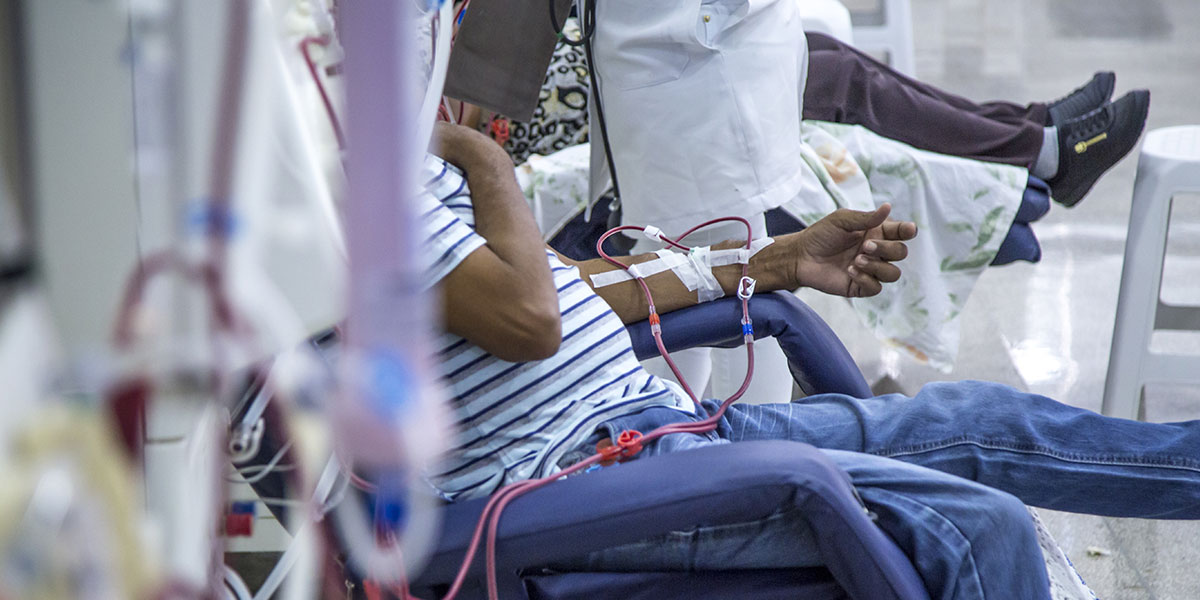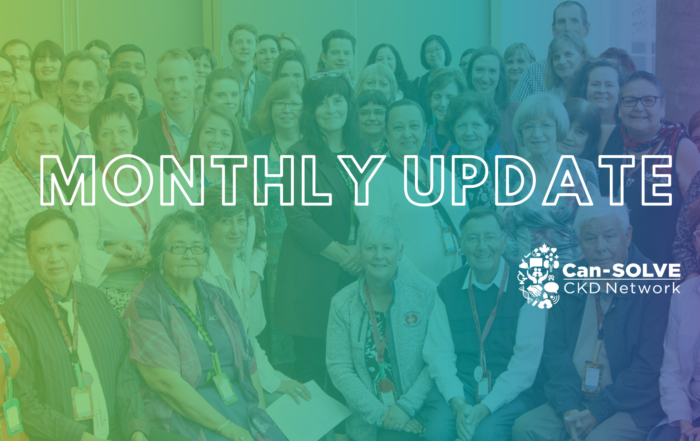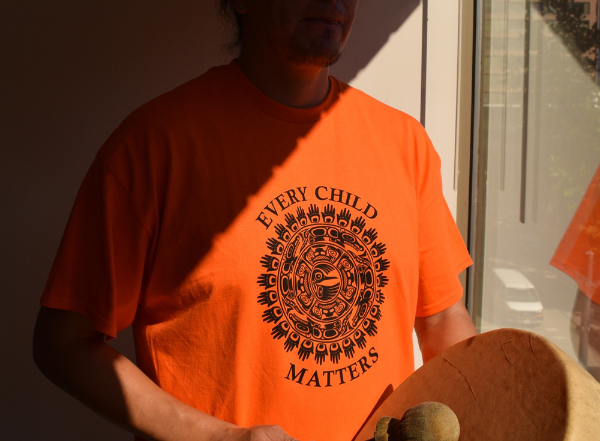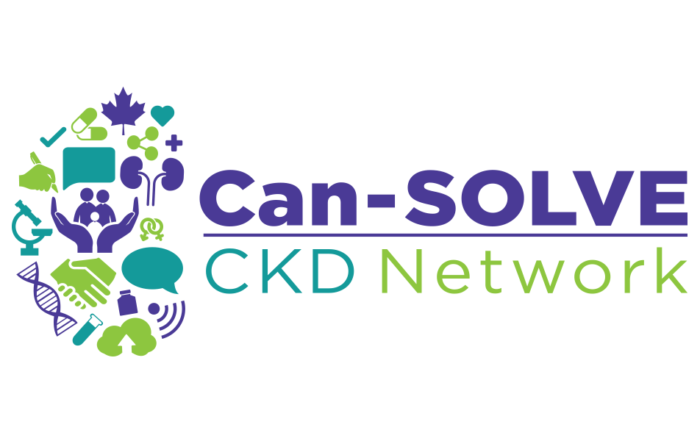
Symptoms of kidney disease can negatively impact patients’ quality of life, and so it is unsurprising that many kidney patients have identified symptom management as a research priority. Several Can-SOLVE CKD research projects are exploring new ways of treating the symptoms of kidney disease, including one project focused on restless leg syndrome (RLS).
As the name suggests, this condition leaves patients with an irritating and persevering urge to move their legs while that person is resting, and is temporarily relieved by movement. While medications exist for RLS, kidney patients are often not able to take the medications at high enough doses to find relief. This is because kidneys help clear medications from the body, and impaired kidneys cannot process the same dosages of drugs as healthy ones.
But this isn’t stopping some research teams from investigating alternative solutions for treating RLS in kidney patients. Dr. David Collister, Assistant Professor in the Section of Nephrology at the University of Manitoba, is a co-lead on Can-SOLVE CKD’s Dialysis Symptom Control-Restless Legs Syndrome (DISCO-RLS) clinical trial. “In this randomized clinical trial, we’re at looking at a combination of two low dose medications that target the pathways involved in restless leg syndrome. We’re looking at two low doses together, compared to single doses on their own, and compared to placebos,” he explains.
One drug is gabapentin, which is used to treat abnormalities in the nervous system. The second drug, ropinirole, helps regulate dopamine levels.
“This research project is novel and interesting because no one has studied this combination before in patients with kidney disease,” explains Collister. “It’s a cross-over trial, so all patients get to try each combination to find out what works best for them.”
As a clinical trial designed to use a patient-oriented research approach, patient partners were the ones who suggested that the trial allow for early cross-over if their symptoms aren’t controlled or if the study drugs aren’t tolerated. “Patient partners helping with the design of the trial has really made it as feasible and as patient-friendly as possible,” says Collister.
The study has recruited about 20 patients so far, but the goal is to include 72 patients from across 10 sites in Canada. Like in many research projects around the world, COVID-19 caused some disruptions. But the research team is pushing forward regardless. They hope to finish recruitment in the next few months, with a modified approach to the trial that minimizes the need for patients to interact in-person with study coordinators in the dialysis unit, but instead by telephone or virtually.
Collister notes that being involved in this study is a way to make a positive difference for the kidney community. “If your symptoms are uncontrolled and you’re on a standard therapy and it’s not working, you have the opportunity to participate in research and benefit not only yourself but other patients as well. “It has been a very rewarding process to work on this project.”





Connect with us